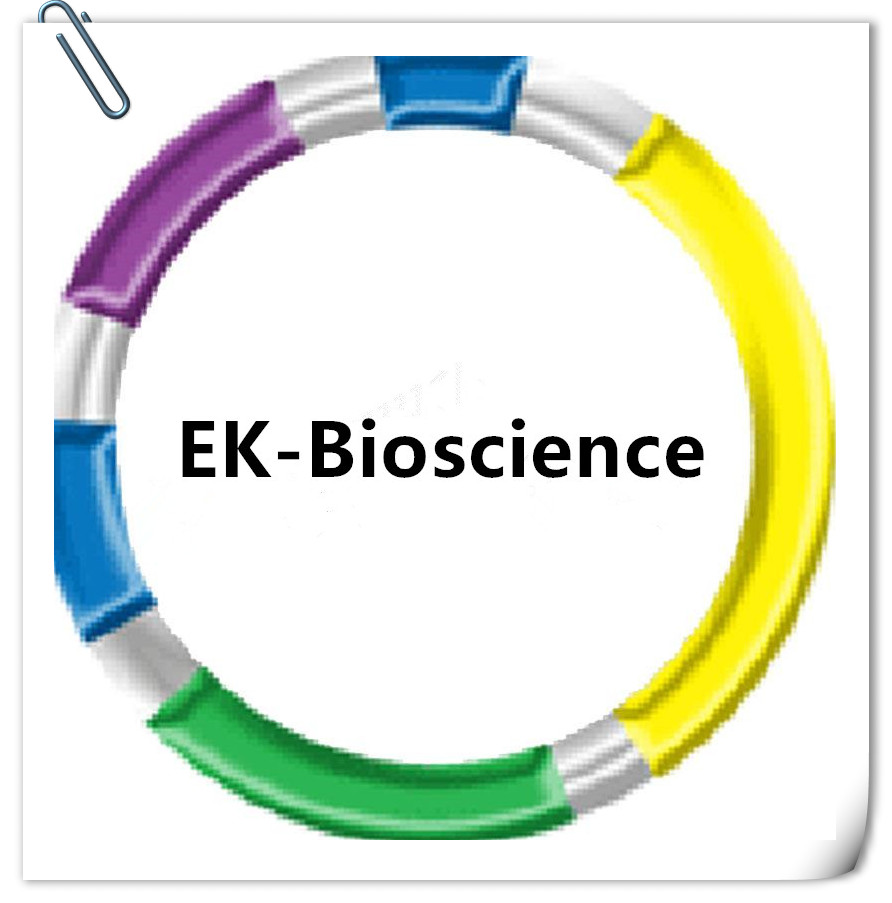
|
品牌 |
酶研生物 | |||||||||||||||||||||
货号 |
MY1795 | |||||||||||||||||||||
规格 |
2ug | |||||||||||||||||||||
价格 |
询价 | |||||||||||||||||||||
货期 |
现货 | |||||||||||||||||||||
pLVX-mCherry-C1 is an HIV-1-based, lentiviral expression vector that allows you to express your gene of interest fused to mCherry, a mutant fluorescent protein derived from the tetrameric Discosoma sp. red fluorescent protein, DsRed (1). The excitation and emission maxima of the native mCherry protein are 587 nm and 610 nm, respectively. Genes cloned into the multiple cloning site (MCS), located at the C-terminal end of the mCherry coding sequence, are expressed as C-terminal mCherry fusion proteins. Expression of the fusion protein is driven by the constitutively active human cytomegalovirus immediate early promoter (PCMV IE), located just upstream of the mCherry coding sequence. Lentiviral particles derived from the vector allow the expression of mCherry fusion proteins in virtually any cell type, including primary cells. The unmodified vector expresses mCherry, and may be used to produce marker virus to optimize infection protocols. pLVX-mCherry-C1 contains all of the viral processing elements necessary for the production of replication-incompetent lentivirus, as well as elements to improve viral titer, transgene expression, and overall vector function. The woodchuck hepatitis virus posttranscriptional regulatory element (WPRE) promotes RNA processing events and enhances nuclear export of viral and transgene RNA (2), leading to increased viral titers from packaging cells, and enhanced expression of your gene of interest in target cells. In addition, the vector includes a Rev-response element (RRE), which further increases viral titers by enhancing the transport of unspliced viral RNA out of the nucleus (3). Finally, pLVX-mCherry-C1 also contains a central polypurine tract/central termination sequence element (cPPT/CTS). During target cell infection, this element creates a central DNA flap that increases nuclear import of the viral genome, resulting in improved vector integration and more efficient transduction (4). In addition to lentiviral elements, pLVX-mCherry-C1 contains a puromycin resistance gene (Puror) under the control of the murine phosphoglycerate kinase (PGK) promoter (PPGK) for the selection of stable transductants. The vector also contains a pUC origin of replication and an E. coli ampicillin resistance gene (Ampr) for propagation and selection in bacteria. 载体应用To construct a fusion protein, the gene of interest must be cloned into pLVX-mCherry-C1 so that it is in-frame with the mCherry coding sequence. The inserted sequence does not require an initiation codon (ATG) or a stop codon (TAA, TAG, TGA); however, if you don't want to use the stop codons downstream of the MCS (see map), you can add a stop codon to the end of your gene of interest. The fusion protein is constitutively expressed when pLVX-mCherry-C1 is transduced into target cells. Before the vector can be transduced, however, it must be transfected into 293T packaging cells with our Lenti-X™ HT Packaging System (Cat. Nos. 632160 and 632161). This packaging system allows you to safely produce high titer, infectious, replication-incompetent, VSV-G pseudotyped lentiviral particles that can infect a wide range of cell types, including non-dividing and primary cells (5).
|
|
|||||||||||||||||||||










